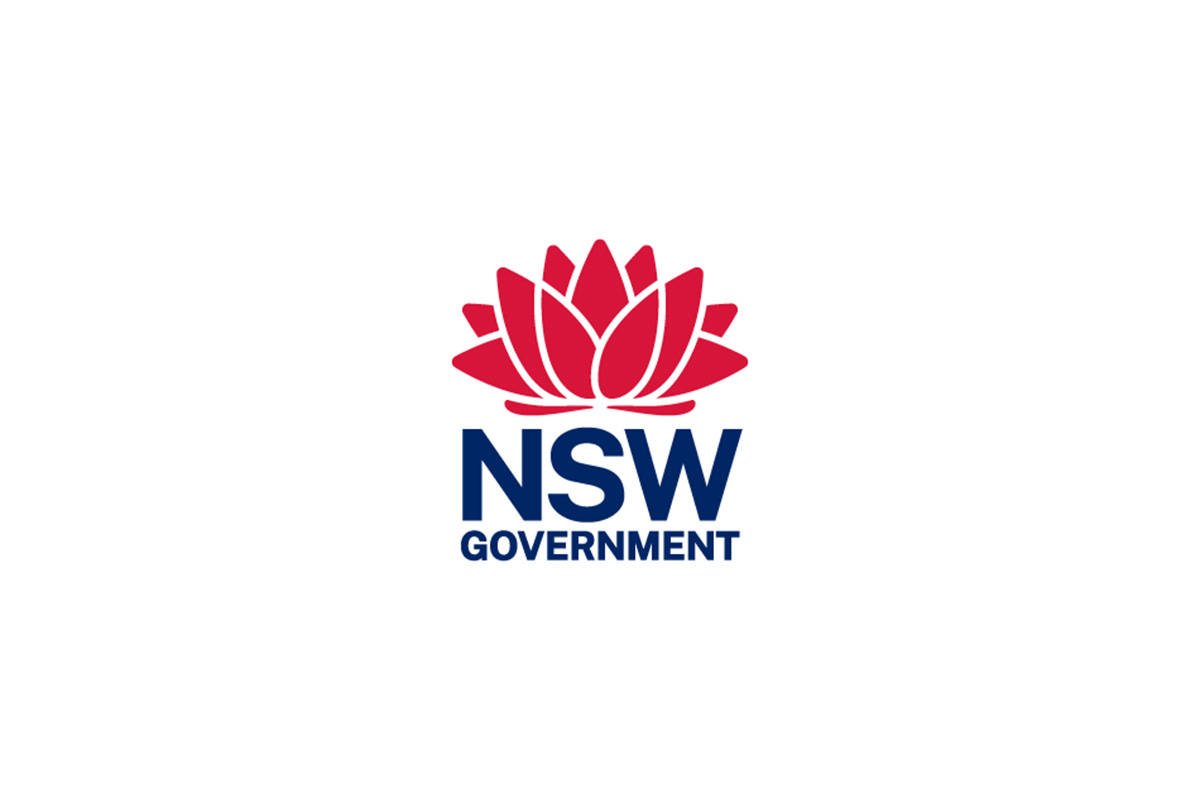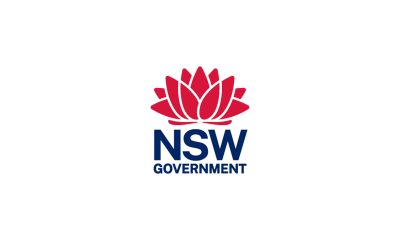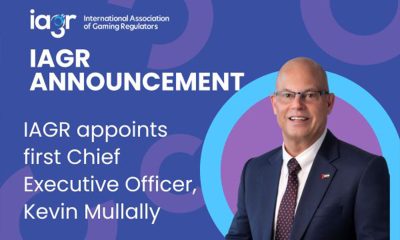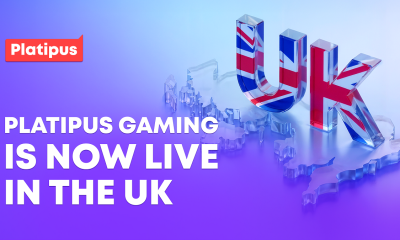Compliance Updates
Belgium Makes Legal Age to Gamble at 21 from September

Belgium regulators have made new amendments to the gambling laws in the country with the legal gambling age from 18 to 21. This move aims to align the age requirements for sports betting, arcades and bingo with those already in place for land-based casinos. The revised regulations are set to come into effect on September 1, 2024, and have been outlined in a press release by the Gaming Commission, as published in the Belgium Official Gazette.
The decision to increase the legal gambling age in Belgium is part of a broader effort to prioritise player safety and well-being. By raising the age limit, the authorities aim to provide a more secure environment for individuals engaging in gambling activities. The new legislation includes several other measures designed to safeguard players and ensure responsible gambling practices:
- Prohibition of Devices “3.3”: The revised regulations include a ban on the use of specific gambling devices, known as “3.3” devices. This prohibition aims to eliminate potential risks associated with these devices and promote safer gambling experiences.
- Ban on Cumulation of Online Licences: The new laws also prohibit the cumulation of online licenses on the same website. This measure seeks to prevent operators from exploiting multiple licenses to maximise their reach and potentially exploit vulnerable players.
- Ban on Gifts/Bonuses/Free Games: Another noteworthy provision is the ban on offering gifts, bonuses, or free games to players. This restriction aims to minimise the potential for excessive gambling and the associated risks it may pose to vulnerable individuals.
- Ban on Advertising Games of Chance: The revised regulations also introduce a ban in principle on advertising games of chance. This change intends to reduce the exposure of individuals to gambling advertisements, particularly targeting vulnerable populations, such as minors and problem gamblers.
- Age Limit of 21 Years and Refund in Case of No Control: To ensure effective age verification and compliance with the new regulations, individuals who fail to provide proof of age will be eligible for refunds. This provision emphasises the importance of age control measures and strengthens the responsibility of operators in verifying the age of their customers.
The raised legal gambling age in Belgium will have implications for both operators and players within the country’s gambling industry. For operators, it means implementing necessary changes to comply with the new regulations and adapt their marketing strategies to adhere to the ban on advertising games of chance. Additionally, operators will need to ensure strict age verification processes to prevent minors from accessing gambling services.
Players, particularly those between the ages of 18 and 21, will be directly affected by the increase in the legal gambling age. Those who were previously eligible to participate in certain gambling activities may now need to wait until they reach the age of 21. However, it is essential for players to understand that this change is intended to protect them from any potential harm associated with underage gambling. Responsible gambling practices and adherence to legal age limits are crucial for maintaining a safe and enjoyable gambling environment.
While the decision to raise the legal gambling age has been made with the best intentions, there are concerns and criticisms regarding certain aspects of the revised regulations. One notable concern is the potential for the new advertising restrictions to inadvertently benefit illegal operators. The Belgium Association of Gaming Operators (BAGO) has expressed opposition to a total ban on gambling advertising, arguing that it could make it more challenging for consumers to differentiate between legal and illegal operators.
Tom De Clercq, Chair of BAGO, emphasises the need for targeted advertising limitations rather than a blanket ban. BAGO advocates for limiting advertising, particularly through traditional media, but warns against the potential negative consequences of a total ban. They believe that a comprehensive approach that combines responsible advertising practices and effective regulation is key to maintaining a healthy and well-regulated gambling industry.
Brais Pena Chief Strategy Officer at Easygo
Stake Goes Live in Denmark Following Five-Year Licence Approval

Stake, the largest online casino and sportsbook globally, today proclaims its official entry into Denmark after obtaining a five-year online casino and sports betting license. The shift reinforces Stake’s enduring dedication to enhancing its global growth strategy.
Denmark is often seen as a regulatory success within the European online gambling scene, and Stake has now introduced its flagship, internationally recognized product to the Danish market. Players will unlock access to Stake’s top-tier casino and sportsbook, showcasing exceptional games, cutting-edge technology, and an exceptional user experience, all provided with a strong local emphasis.
Starting 1 March 2026, Stake Denmark will set up its new headquarters at Parken Stadium, the national football stadium of Denmark and the home ground for FC Copenhagen.
Peter Eugen Clausen, Managing Director at Stake Denmark, said: “Denmark has one of the most well-regulated and competitive gaming markets in Europe, and that’s exactly what makes it so exciting. With Stake’s arrival, Danish players can expect a fresh, world-class experience backed by global scale and strong local focus. We’re raising the bar in terms of product, transparency, and entertainment, and I believe increased competition from brands like Stake will only drive the market forward in a positive way.”
Brais Pena, Chief Strategy Officer at Easygo, the technology company behind Stake, said: “Denmark marks our entry into the Nordics and represents a clear win in one of Europe’s most mature and high-value markets. With each new market, our momentum continues to build as we deliver on our global expansion strategy.”
Since its inception in 2017, Stake has positioned itself as the top betting and gaming brand globally by continually presenting advanced technology and novel gaming experiences for players around the globe. Upon entering Denmark, Stake maintains its dedication to player safety and responsible gaming, guaranteeing that gambling stays enjoyable, secure, and entertaining by providing extensive tools and resources that assist customers in comprehending and monitoring their gambling behavior.
The post Stake Goes Live in Denmark Following Five-Year Licence Approval appeared first on Eastern European Gaming | Global iGaming & Tech Intelligence Hub.
Big Daddy Gaming
Big Daddy Gaming® Expands European Footprint After MGA Licence Approval

New achievement bolsters regulatory framework as studio speeds up European expansion.
Innovative slots studio Big Daddy Gaming® has obtained a B2B supplier license from the Malta Gaming Authority (MGA), representing a significant advancement in the studio’s plan to establish a solid, regulation-focused presence in Europe’s leading markets.
This accreditation allows Big Daddy Gaming to provide its expanding range of slot titles to MGA-licensed operators, greatly increasing the studio’s potential market and aiding its continuous commercial rollout in regulated territories.
The endorsement comes after Big Daddy Gaming’s recent attainment of regulatory approval from the Swedish Gambling Authority. This occurs during a time of significant early progress for the newly established studio, with multiple partnerships already in place with well-known operators and aggregators, highlighting the provider’s dedication to fostering long-lasting relationships with top-tier brands.
As a vital element of Big Daddy Gaming’s strategy for market entry, the studio has made certain that its technology, games, and operational procedures comply with one of Europe’s most stringent regulators.
The license further aids the ongoing launch of Big Daddy Gaming’s initial games, which are centered on the studio’s fundamental creative principle of Reel Fun. Real Value., merging recognizable, player-friendly features with a comedic angle, aimed at achieving high engagement and evident commercial success for operators.
The MGA approval signifies a crucial point in Big Daddy Gaming’s early business path, solidifying its role as a new studio dedicated to regulation, dependability, and sustainable growth while it broadens its presence in Europe’s regulated markets.
Erland Hellström, CEO at Big Daddy Gaming®, said: “Securing our MGA licence is an important step for us as we continue to build Big Daddy Gaming® with regulation at the forefront. From day one, our focus has been on creating a studio that operators can trust, both creatively and operationally.
“Malta is one of the most respected regulatory environments in the industry, and achieving this approval reflects the work our team has put into building compliant, market-ready slots. Combined with our recent progress in Sweden, it gives us a strong platform to continue scaling our content with confidence.”
The post Big Daddy Gaming® Expands European Footprint After MGA Licence Approval appeared first on Eastern European Gaming | Global iGaming & Tech Intelligence Hub.
Australia
NSW: Hospitality and Racing Strategy 2026-28 and Regulatory Priorities 2026

Liquor & Gaming NSW has published the Hospitality and Racing Strategy 2026-28, setting a clear path for reducing harm, supporting responsible industry growth and meeting evolving community expectations. The Strategy outlines Hospitality and Racing’s vision, regulatory posture and strategic objectives.
It outlines three strategic objectives which will guide the work to support communities, individuals and the industry. The first is targeted harm reduction, using better data, education and engagement to focus on the areas where we can make the biggest difference.
The second is outcome‑focused, responsive regulation, by making use of streamlined, place‑based and community‑informed approaches that deliver meaningful, real-world outcomes.
Third is promoting modern tools, skilled teams and smart decisions, investing in its capability, improving how it uses data and supporting consistent decision making across hospitality and racing.
Regulatory Priorities 2026
Alongside the new strategy, Liquor & Gaming NSW has also issued its Regulatory Priorities 2026. This sets out where the department will be focusing its regulatory attention over course of the year. It provides transparency on Liquor & Gaming’s forward regulatory agenda and gives the industry the opportunity to proactively engage about the issues they are concerned about.
The post NSW: Hospitality and Racing Strategy 2026-28 and Regulatory Priorities 2026 appeared first on Eastern European Gaming | Global iGaming & Tech Intelligence Hub.
-

 Amusnet5 days ago
Amusnet5 days agoWeek 7/2026 slot games releases
-

 Aphrodite’s Kiss5 days ago
Aphrodite’s Kiss5 days agoLove on the Reels: Slotland Introduces “Aphrodite’s Kiss”
-

 Denmark6 days ago
Denmark6 days agoRoyalCasino Partners with ScatterKings for Company’s Danish Launch
-

 Baltics6 days ago
Baltics6 days agoEstonia to Reinstate 5.5% Online Gambling Tax From March 1
-

 Brino Games6 days ago
Brino Games6 days agoQTech Games integrates more creative content from Brino Games
-

 Booming Games6 days ago
Booming Games6 days agoTreasure Hunt Revival — Booming Games Launches Gold Gold Gold Hold and Win
-

 Bet Rite6 days ago
Bet Rite6 days agoSpintec Expands into Canada with Bet Rite
-

 ELA Games6 days ago
ELA Games6 days agoELA Games Unveils Tea Party of Fortune — A Magical Multiplier Experience































